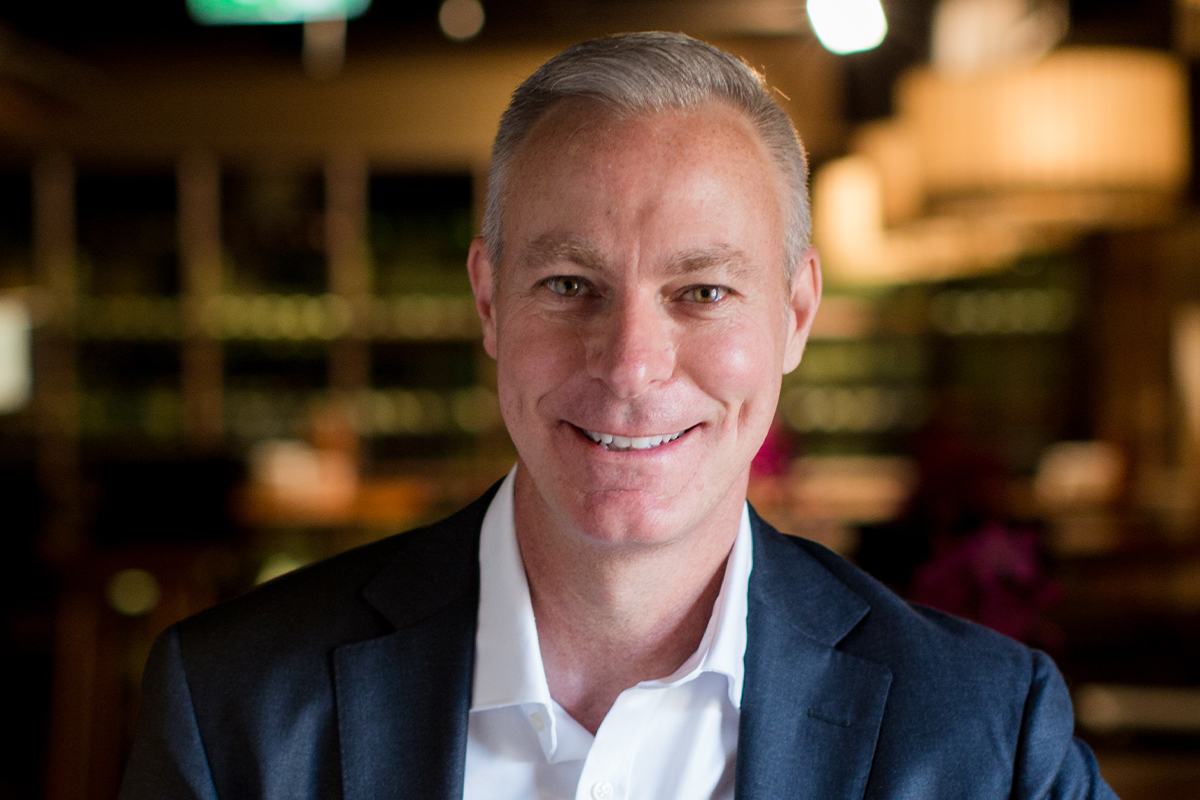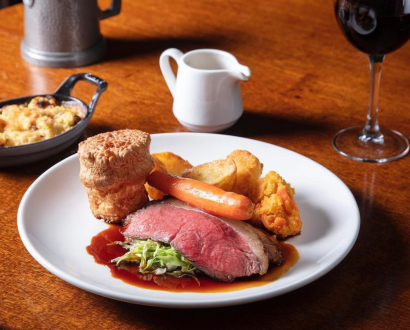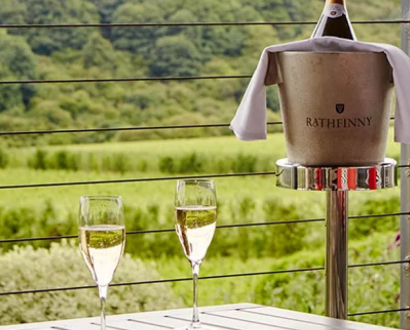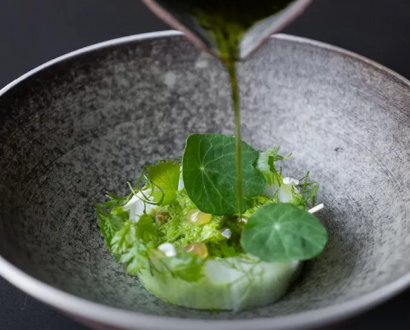It has been a challenging six months for Australia’s Rockpool Dining Group – from lockdown and redundancies to reopening its 80-plus restaurants.
Yet, despite the hardships the industry has experienced, Rockpool Dining Group CEO Thomas Pash confirms that the sector and the business is starting to recover.
“I feel Rockpool Dining Group is stronger and better positioned than it was before,” Thomas tells The CEO Magazine. “We have reset the business and are ready for the next chapter.”
It was early this year when the hospitality giant began noticing specific changes – from softness in the consumer market to weaker tourism numbers in January and February.
Acting on this, Rockpool started implementing structural reforms in preparation for what was to be a strenuous year ahead.
“We reduced the headcount across our head office, reduced and stopped capex spend and slowed down our new venue rollout,” Thomas explains.
“When the federal government announced a full lockdown, we had to stand down most of our workforce, across a portfolio of over 80 restaurants, which was devastating.”
Employee support
While eligible employees registered for JobKeeper, the group established a fund to assist those who faced financial hardship.
“We launched Hope Delivery by Rockpool, which provides 1,000 free meals a day for individuals in need, including employees who were ineligible for JobKeeper,” he says.
“This ongoing program is supported by the Rockpool Foundation. We also pivoted several businesses to better service customers isolating at home.”
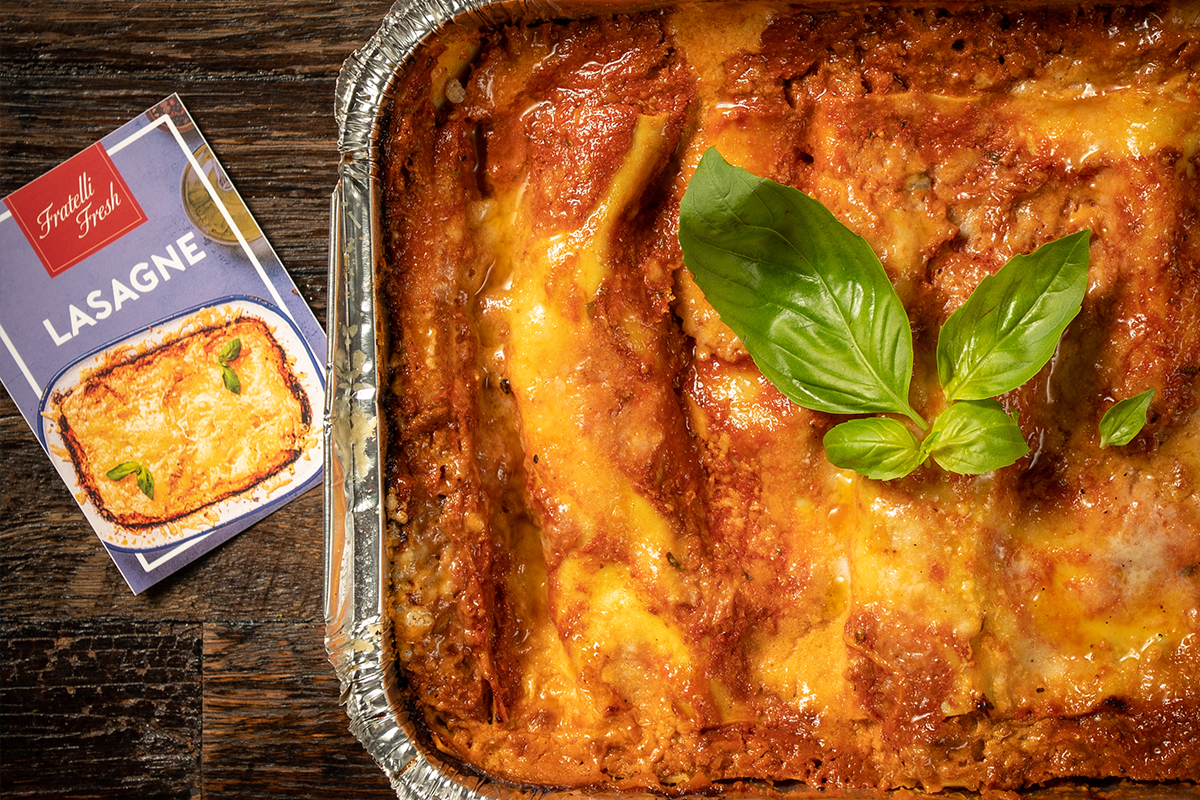
Italian restaurant Fratelli Fresh morphed into Fratelli Fresh Grocer home delivery service, and Saké Double Bay launched its Saké @ Home pick-up service.
“Both businesses have been so successful that we were inspired to reopen most of our restaurants with expanded delivery and pick-up services,” Thomas says.
What matters most
Since the start of the pandemic, Rockpool has been initiating policies to create a sustainable business model that would survive the shutdown and emerge fit and ready to fight through a harsh new landscape.
“We have been running hard for the past five years and have grown from 16 venues to over 80,” Thomas notes.
“This forced us to slow down. We used the time to think about what matters to us, what the new criteria for success will be, and what values are important for us.
“We spent time envisioning how we capitalise on the fresh start and where we want to go when we start this new chapter together.”
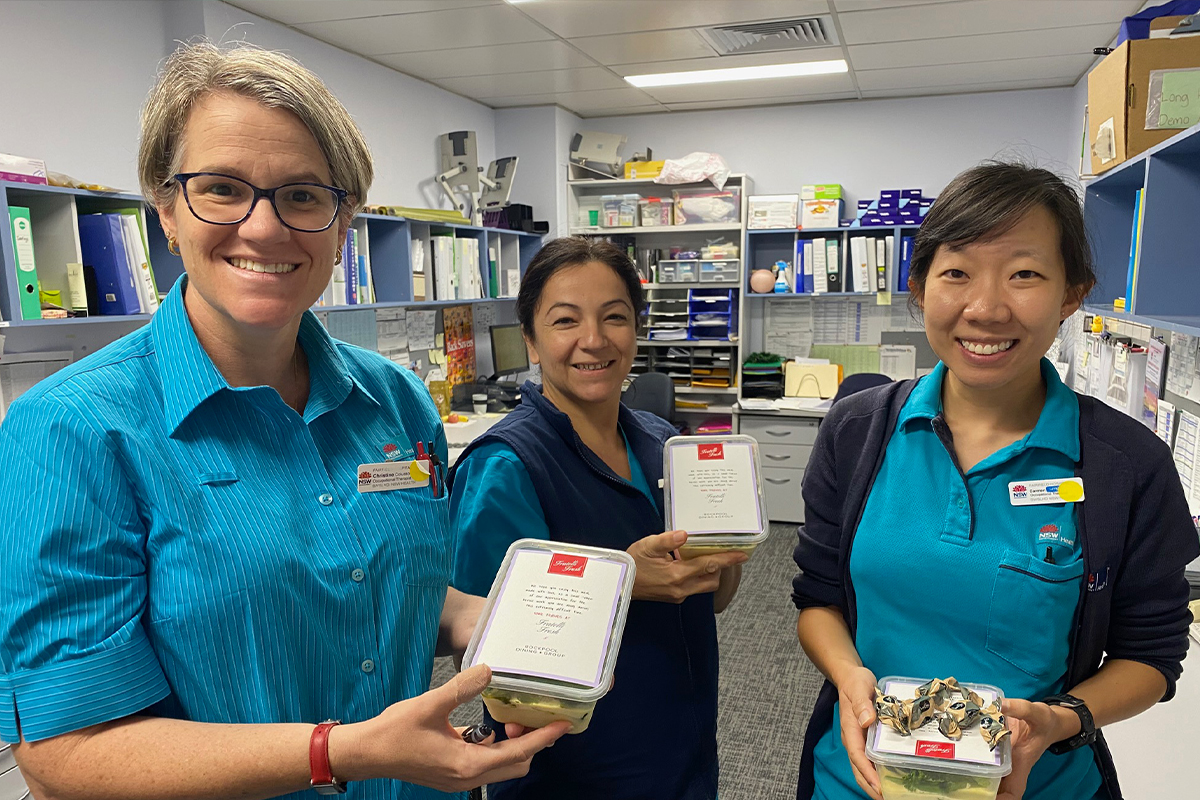
The business also used this time to give back to the community. It started Feed the Front Line, through which the business donated up to 1,000 meals weekly via its Fratelli Fresh kitchen to frontline healthcare workers, while its Hope Delivery initiative provided daily meal support for international hospitality workers and the homeless and disadvantaged.
Slow and steady
With the initial forced hibernation and now its Melbourne restaurants back in lockdown, “slow and steady” is Rockpool’s strategy for the foreseeable future.
“It will be a staged reopening, over at least the remainder of 2020 and quite likely into next year, which will enable us to implement a safe-dining strategy, train our teams and test the waters,” Thomas explains.
Rockpool has reopened 38 restaurants across NSW, Queensland and the ACT. Its Rockpool Bar & Grill at Crown Perth is also back in action as well as The Bavarian at Tea Tree Plaza in South Australia. The company has also pushed ahead with new venue openings.
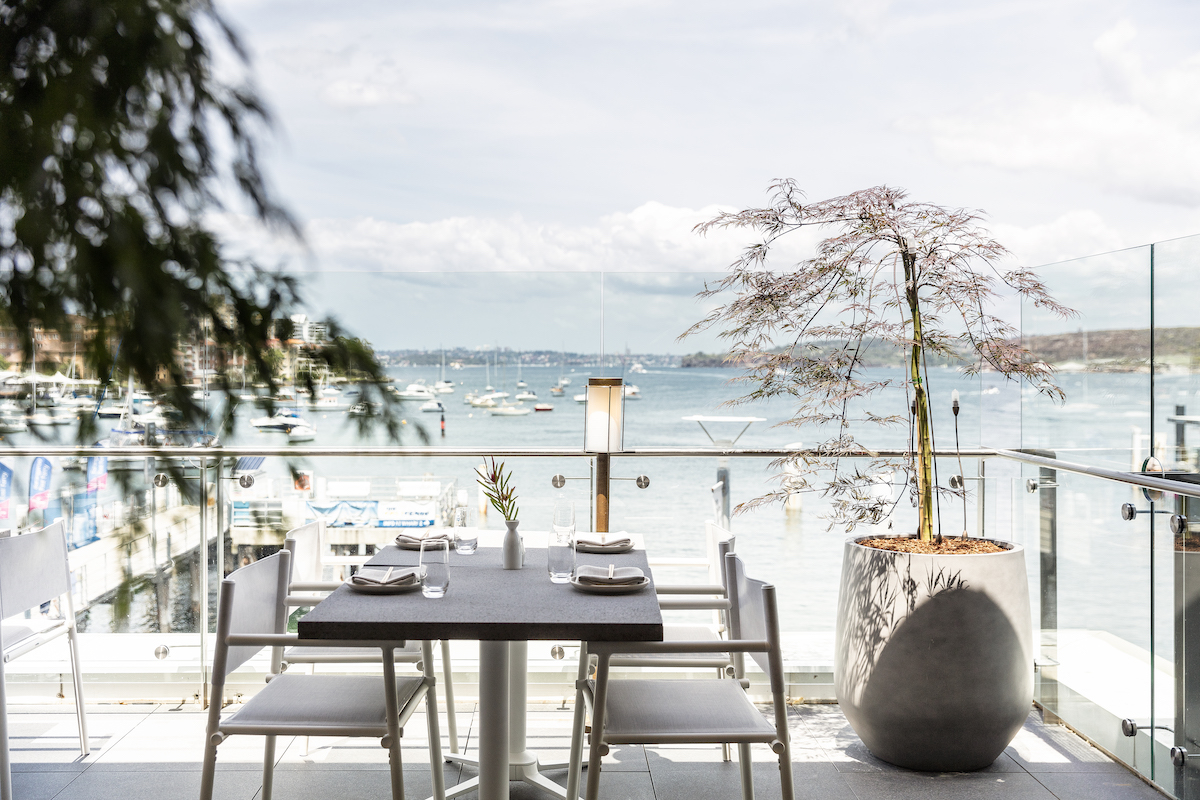
There will be precautionary measures in place, such as fewer tables, single-use menus, communal cutlery caddies removed from tables and an emphasis on cashless transactions.
The backstory
Through his early career, Thomas has held several top positions in venture capital-funded firms, pension fund investment assets and global firms with annual sales above US$500 million and market caps of over US$2 billion.
Given this background, Thomas was approached by the owner of Urban Purveyor Group (now Rockpool Dining Group) in 2014 to join the group as CEO and prepare the business for its acquisition by Quadrant Private Equity.
“The stars aligned. I’ve had a passion for the hospitality sector since a young age,” Thomas reflects. His first after-school job was at a 10-table Mexican restaurant in Houston, Texas.
By the time he was 18, Thomas was the General Manager of a large casual dining restaurant that, in the early 90s, was turning over US$125,000 a week.
At 22, he was managing his first 2,000-room hotel and at 26 running a US$50 million celebrity-owned dining group with locations in New York, Los Angeles, Dallas, Houston and Phoenix.
“By the time I was 30, I was the COO of a US$2 billion hospitality group with more than 70 restaurants and 34 hotels and resorts,” Thomas tells. “Taking the role of CEO at Urban Purveyor Group and steering the business to where it is now was the perfect role for me.”
Big picture
“I visit too many hospitality businesses here and in other parts of the world where the teams don’t seem to enjoy providing the basics of hospitality: no smile, no thank you, no effort, no apparent appreciation for my business,” Thomas relays. “I find myself wondering why they are in this business, and if they even enjoy serving and taking care of others.”
His vision for Rockpool Dining Group is to have the whole team understand what hospitality truly is. “Restaurants and brands are only as good as the venue’s management, culinary service and support teams,” Thomas says.
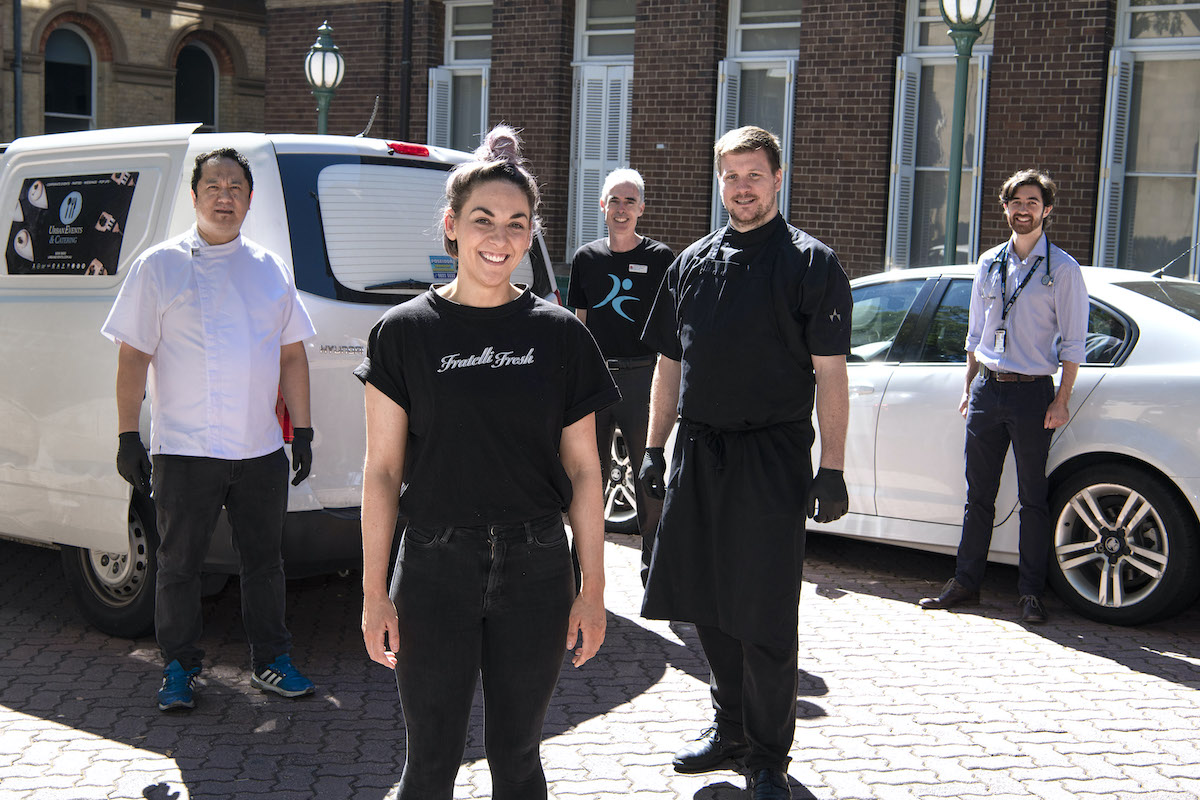
“While our goal has always been to create one of the best and largest hospitality groups in the world, our vision remains the same: we want to hire, retain and develop a team that truly loves delivering great hospitality and creating memorable experiences to our guests.”
Outlook for Australia’s hospitality sector
COVID-19 has and will create a significant shift in the hospitality landscape. Thomas believes that there will be many operators that won’t make it out the other side.
“I know this sounds brutal, but I think a catalyst was needed to reset the playing field,” he says. “I believe that pre-COVID there were too many seats and supply in this market.
“The market got a little ahead of itself; operating conditions were getting harder and it was becoming difficult for some to survive.”
Thomas adds that as the industry recovers, supply will be much more in line with demand.
“I firmly believe the quality operators that pivot and adjust and make it through will be better, stronger and more competitive than ever,” he explains.
“And they will be rewarded with strong demand and an overall better and more sustainable hospitality landscape.”

